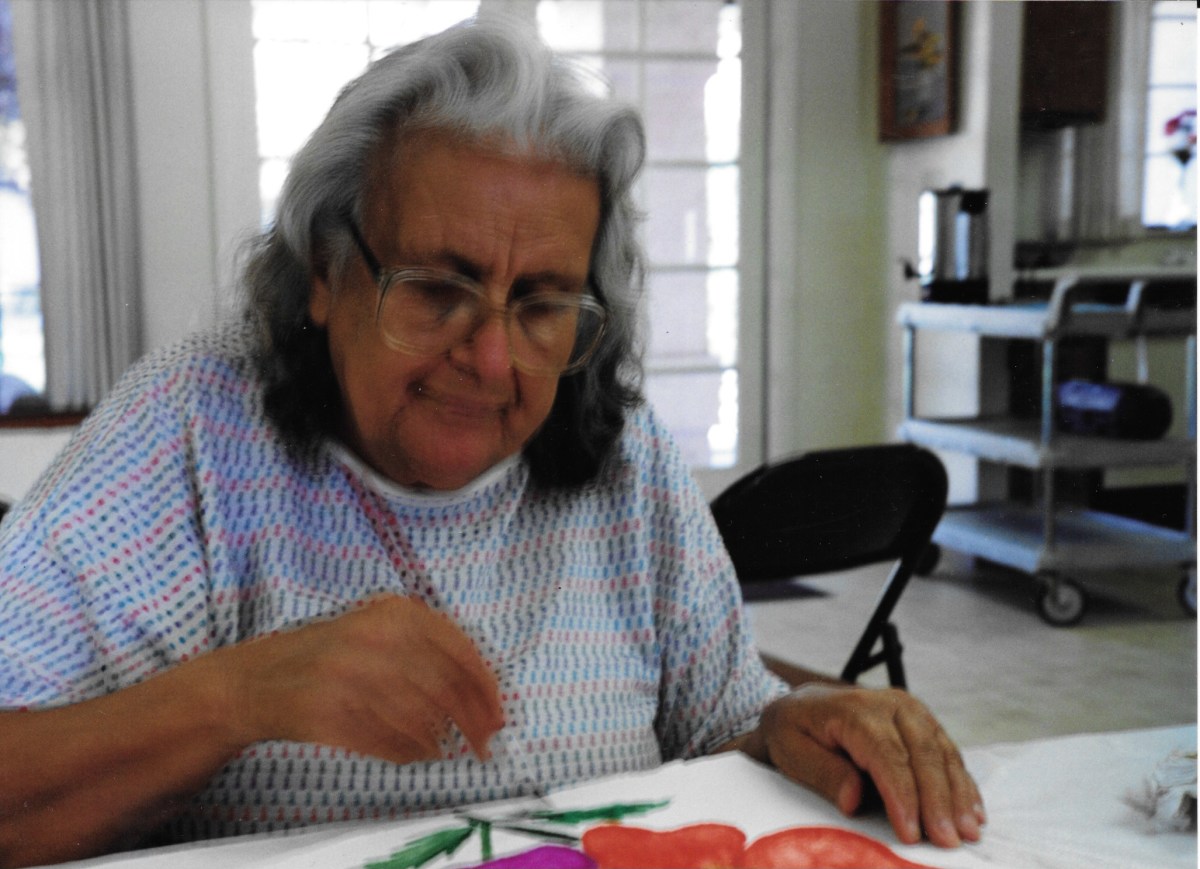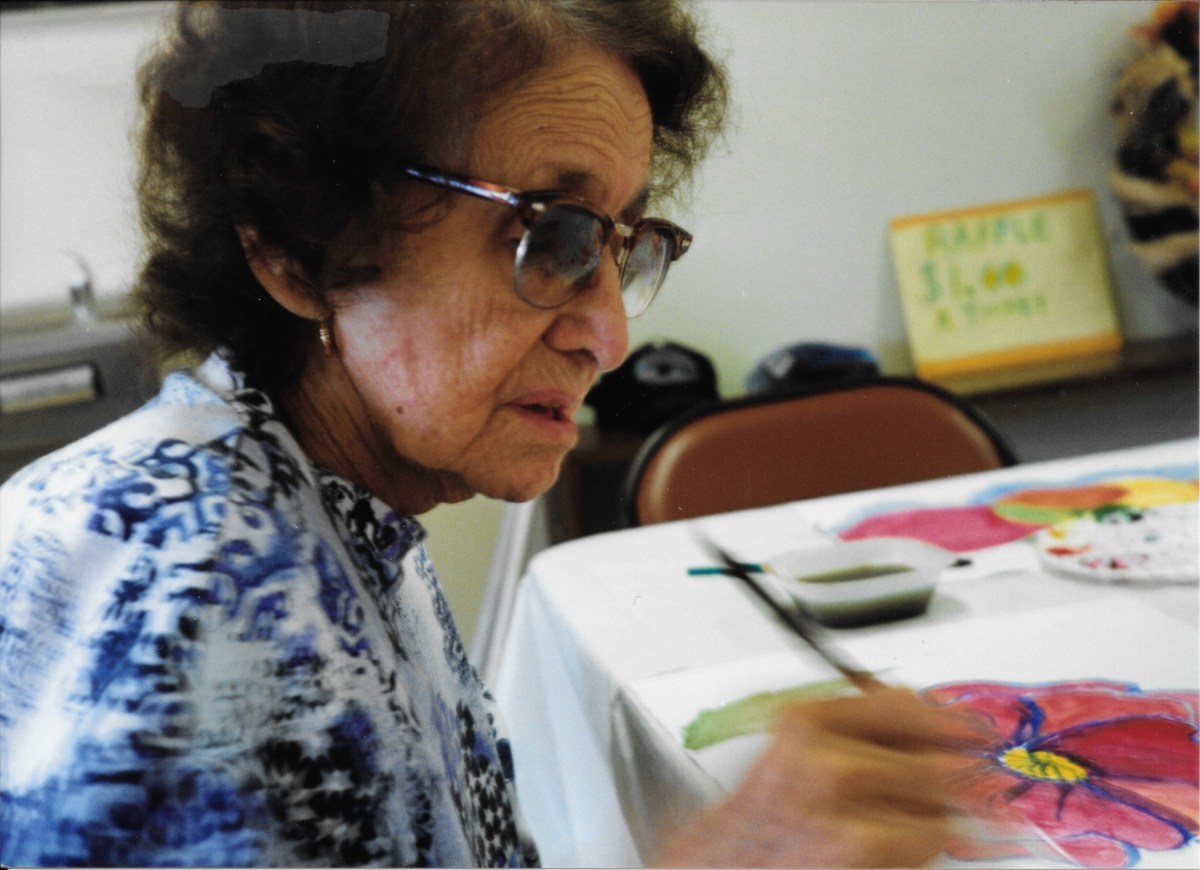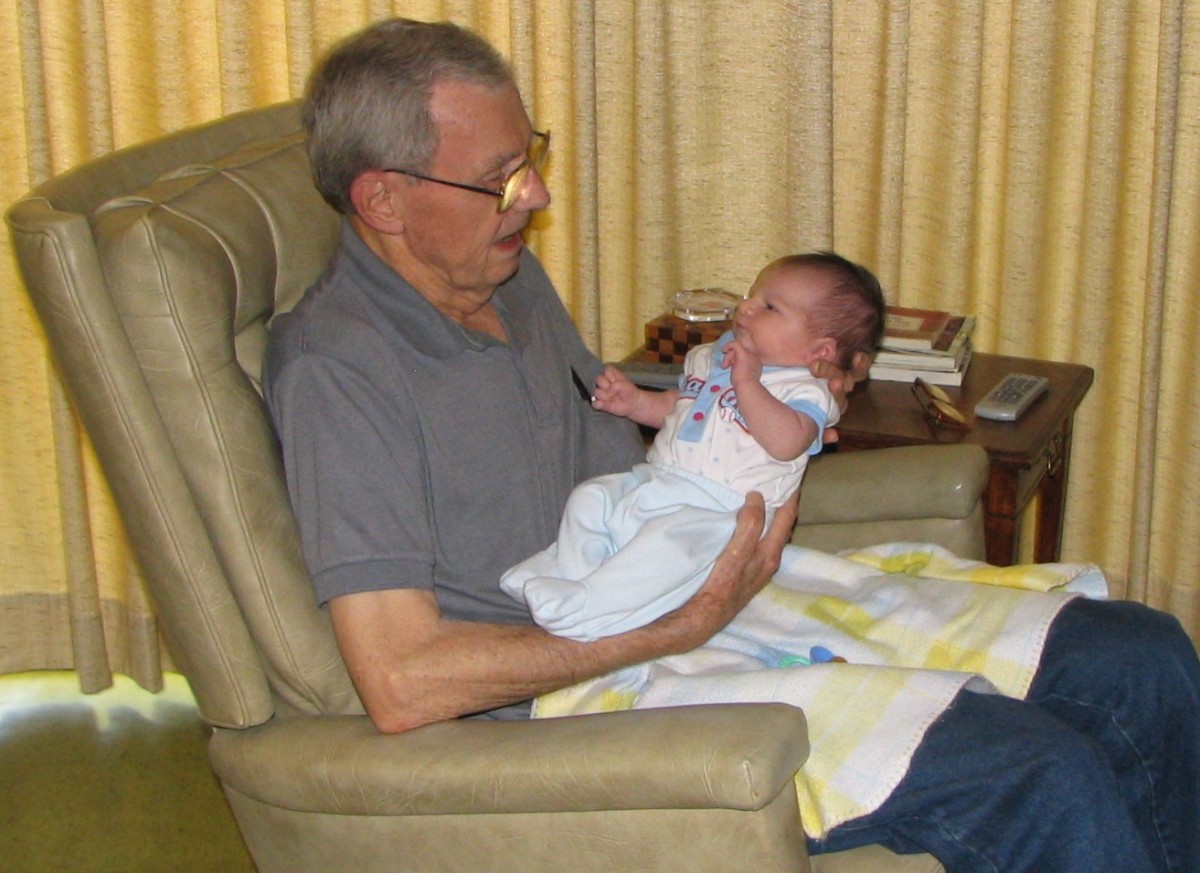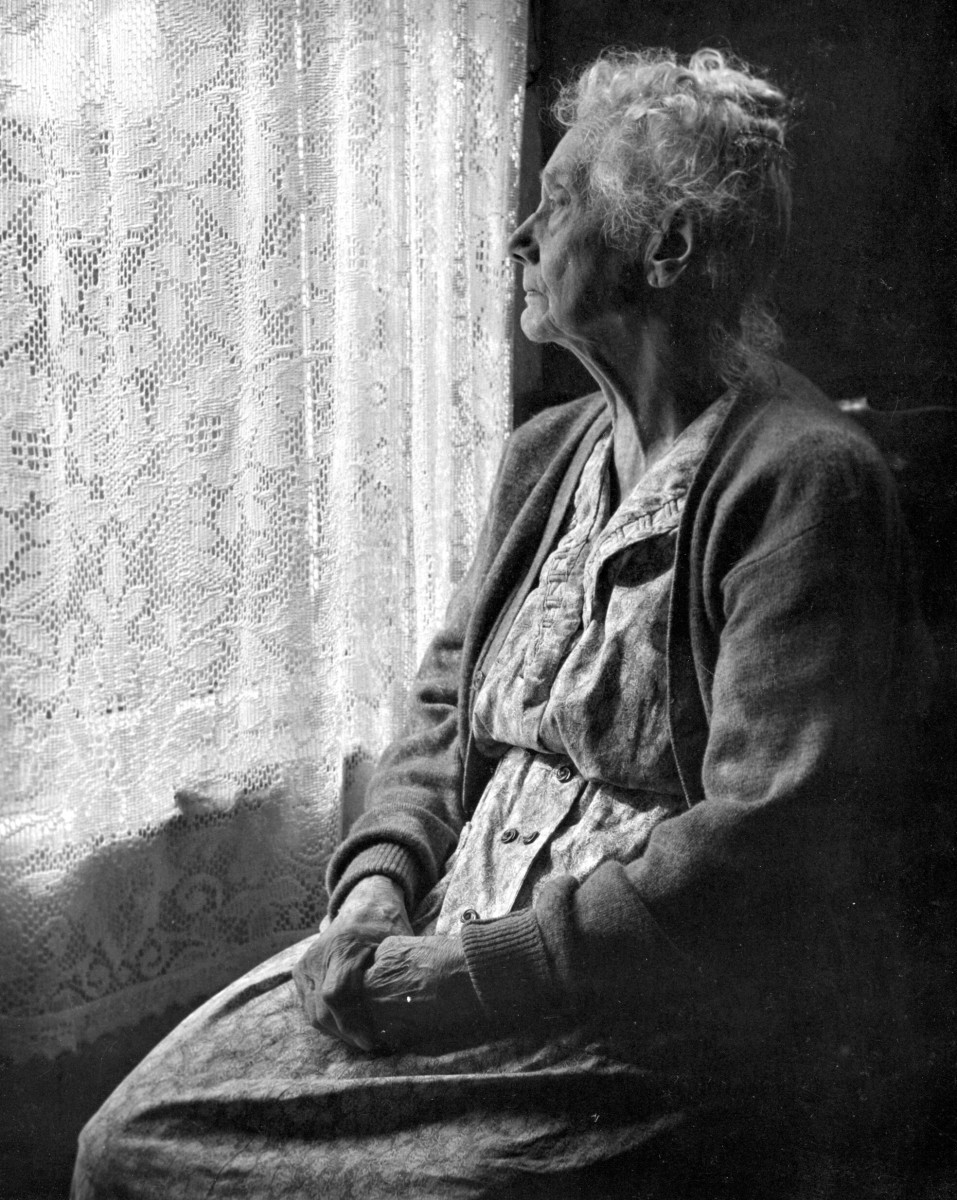Telemarketers Fleece The Elderly! Seniors Have A Hard Time Saying No! How To Stop Elder Abuse!
Senior Citizens Should Be On The Do Not Call List!
AARP estimates that consumers lose over 40 Billion dollars per year to telemarketing fraud. 56% of the victims are people over the age of 50. If your parents or grandparents live by themselves, ask them to sign up for the 'Do Not Call List' or sign up for them. Senior citizens or the elderly are not only the victims of fraudulent telemarketers, they all too often become victims of legitimate charities. As soon as they give money to a charity, their names will appear on lists that are then sold to other organizations and they may end up receiving several solicitors' calls daily. They have a difficult time saying no and many times have their bank accounts drained or their credit cards charged up to the limit and beyond.
Telefunders Find and Target Vulnerable, Lonely Elderly!
There are two types of telemarketers. There are the outright crooks, who operate from calling centers that move constantly because they are afraid of being raided and then there are the legal telefunders, operating legally, to increase donations for a legitimate charity. The latter are the more insidious of the two and the more difficult to harness and rein in. They buy lists with names and phone numbers of people who have been known to contribute to charities. They call over and over and when they find a willing patron, they court them, playing them in ways that are intended to get the maximum amount of money from them. These callers shamelessly pretend to be interested in their lives, their health, their grandchildren and in any other aspect of their lives that they think will close the deal. The National Consumer League estimates that up to $40 Billion Dollars a year is stolen by fraudulent telemarketers.
Yes, telefunders represent legal charities, but their methods are questionable, at the least. No cash in your checking account, grandma? We take credit cards! Why not let us just deduct a small amount from your checking account monthly? You will be feeding and clothing so many poor children! You will be helping to find a cure for childhood cancer! Let us charge a small amount to your credit card monthly. You will be doing so much good! You will be on the front lines in the fight against childhood disease and poverty! Without caring people like you, our work will come to an end! We need your help! It goes on and on. Once your parent or grandparent is on these lists, it is nearly impossible to have their names and numbers deleted.
Our mothers, fathers or grandparents have even been know to take out reverse mortgages to pay for their monthly donations to legal charities. If you have an elderly parent that is living independently, know that they are being targeted by the fraudulent telemarketers in addition to the legal telefunders. If they are lonely or shut in, they can easily become victims because everyone desires human contact and the industry knows that. The industry preys on that!
No one enjoys having their financial decisions reviewed or questioned. There is no exception when it comes to the elderly. They want to remain independent and in charge of their own affairs. So, if you plan to investigate whether or not they have been approached or if they are donating money that they can ill afford, do so with caution and above all, respect. Just imagine yourself in their shoes and be kind, because after all, you are trying to protect them, not hurt them.
The National Consumer League offers a free brochure titled "They Can't Hang Up!". For your copy of the brochure, call the NCL's National Fraud Information Center at (800) 876-7060.
The Magazine Subscriptions That Never End!
So grandma has magazines all over the house? What often starts out as a few trial offers at no charge, ends up being subscription after subscription, often at higher prices than the publisher offers. The elderly are not alone falling victim to this scam. Everyone loves something for free! Try 3 magazines for 6 weeks and then if you like it and do not cancel, your credit card will be charged. The latest trick is to give the victim a phone number to call if they wish to cancel, but when they call the number, there is no living person on the other end of the phone line. That is, if the phone is even answered. Most of the time the phone just rings and rings and rings, so there is no effective way of cancelling the 'free' magazines. But wait, not only will the subscriber be charged, these solicitors now have an automatic renewal policy. Every year, the credit card will automatically be charged, and the price of the magazines increase yearly.
As long as you have tried to cancel and called the cancellation number, your credit card company will reverse the charges and give you credit for the charges. There are any number of reputable magazine and newspaper websites that do offer money saving deals. I have used Magazines.com for subscriptions and I have been happy with the prices they offer as well as their customer service department. They actually respond to emails!
Be Cautious When Neighbors Get Too Chummy!
It might be hard to believe, but neighbors can work their way into your loved one's life, becoming the substitute for you or the grandchildren. It may start as something simple, bringing a meal or some cookies, then it begins to take on a life of its own. The kind and loving neighbor starts to do more and more, taking them to their doctors' appointments, picking up their prescriptions, including them in their own family activities. They sort of 'adopt' your loved one, so much so that they become necessary to your mom or dad and their daily life. It becomes easy for mom or dad to help them out financially when an 'emergency' arises.
In one of the most amazing reports concerning possible elder abuse, NYT reporter Charles Duhigg chronicles the journey of Robert Pyle, an elderly man with an estate worth well over $1 million dollars, and how he lost it all to a neighbor that befriended him. The neighbor, Wendy McDonald, was a single mother in her forties. She claims they had a romantic relationship which Mr. Pyle denies. He lost everything, including the half million dollars he had in the bank and his home, valued at $650,000.00. See the article titled When Shielding Money Clashes With The Free Will of The Elderly, published on 12/24/2007:http://www.nytimes.com/2007/12/24/business/24golden.html. It is an eye opener for sure.
Not all neighbors are a financial threat to the elderly. Some are kind, sincere and generous people who truly care about your family member's well-being. Monitor the relationship, if you are able. Try to be understanding. Above all, do not appear over-bearing or too controlling. Just be aware. If your elderly family member requires transportation to and from the doctor, there are many programs nationwide. Your first step to find transportation is to contact a Senior Citizen Community Center in the area. They can provide you with information on any available free transportation programs that are funded by the state, federal or local government. That way, grandma and grandpa can still get to their doctors' appointments without depending on the neighbors. Keeping the elderly safe when you can't be there can be difficult, but not impossible.
Lottery Scams, Anti-Aging Products, Vitamins! Hang Up The Phone!
Statistics show that the elderly have a difficult time resisting the purchase of vitamins and anti-aging products. Everyone looks for ways to stay young, remain vital, and protect against memory loss. The products that promise to protect the elderly, can take a huge bite out of the monthly budget, especially a fixed income. A miracle vitamin, for example, can come with a price tag well over a hundred dollars for a 30 day supply. A new dietary supplement that I researched carries a $120.00 a month price tag. Then, above and beyond that, the consumer might just need the memory booster at $59.00 for a 30 day supply.
The elderly have special dietary needs, to be sure. If they live alone, they tend to cook very little for themselves, so they may require supplements or vitamins. Phone solicitations are generally not the right way to make these purchases. Ask their doctor to make some recommendations as to what would be appropriate and then help to make the purchase if you can. If the appropriate vitamins are available by mail, help them make a standing order. If your family member feels like their needs are being met, they are far less likely to be taken advantage of by telemarketers that promise the fountain of youth in a bottle.
Fake lotteries and sweepstakes are a real money maker for heartless criminals! According to the Better Business Bureau, 20% of senior citizens (7.3 million elderly) have been defrauded in one way or another. Your loved one may receive a letter in the mail with a fake check, accompanied by a letter telling them they have won. They are instructed to deposit the check and then send back an "administrative fee". Their money is gone and they soon find out that the check they deposited is not real. The "fee" can range from a few hundred to thousands of dollars. For a full report on popular scams that target the elderly go to: www.bbb.org/us/consumer-tips-scams..
Meals On Wheels So That No Senior Goes Hungry!
If your elderly parent is having a difficult time cooking, a quick look inside their fridge can alert you. If you want to insure that they are eating, by all means sign them up for Meals On Wheels. This organization is non-profit and charges are based on a sliding scale. Some seniors pay nothing for this invaluable service. Check them out at http://www.mowaa.org. Meals on Wheels own website states that in 2007 alone, 6 million seniors faced the threat of hunger. Not only can they provide much needed food for your loved one, their volunteers provide social contact and a safety check with a smile. They provide a wonderful service and their mission statement "So That No Senior Goes Hungry" sums it up!
A Little Vigilance Can Go A Long Way!
While you may not be there 24 hours a day, your vigilance can help to protect your older relatives. Everyone wants to be independent for as long as possible and by taking some precautions, you not only show that you care, but you help your parents or grandparents maintain their independence. That is the goal! You can provide support and love without taking away the freedom that everyone needs. Keep close to the elderly in your family. When the time comes that they can no longer live without help, you will know. Hopefully these pointers and resources come in handy!








